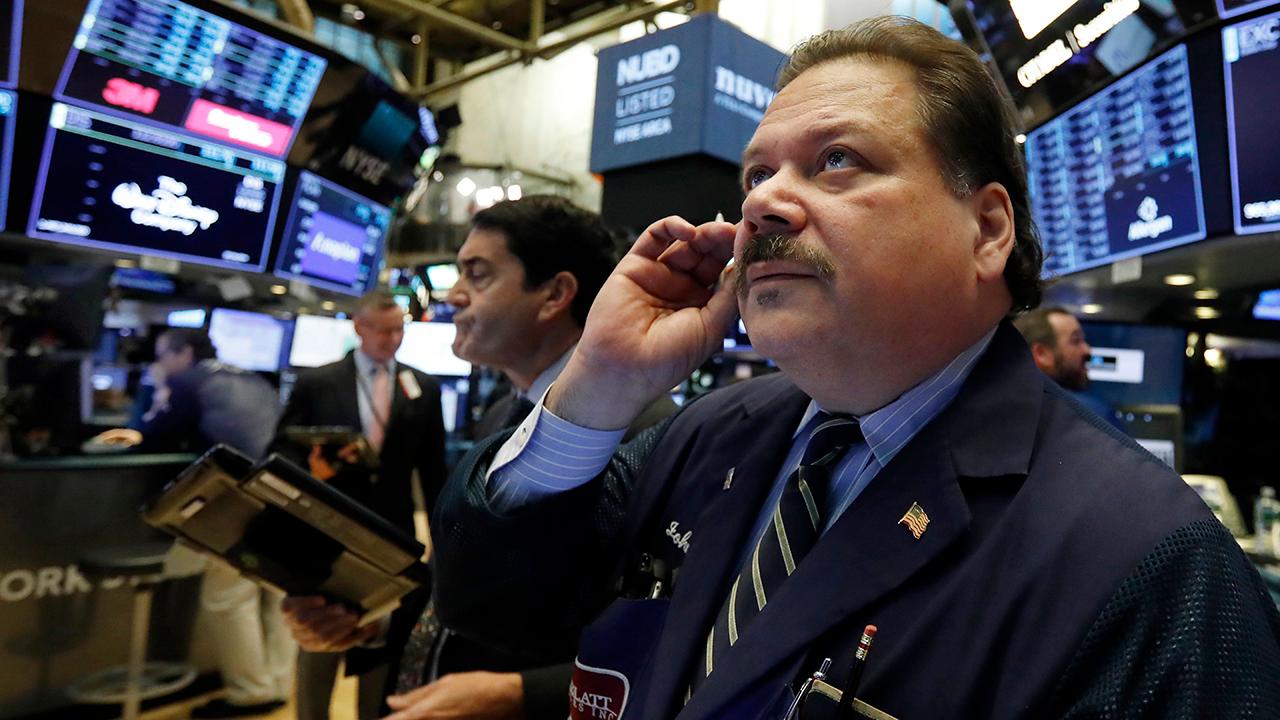Is a recession coming in 2019? Nearly half of US CFOs think so
If you’re worried about an impending economic downturn next year, you aren’t alone.
Nearly half of U.S. CFOs – 48 percent – surveyed by Duke University Fuqua School of Business believe the nation’s economy will enter a recession by the end of 2019. That’s on top of an additional 82 percent who believe that a recession will have begun by the end of 2020.
“The end is near for the near-decade-long burst of global economic growth,” said John Graham, a finance professor at Duke and overseer of the study “The U.S. outlook has declined, and moreover the outlook is even worse in many other parts of the world, which will lead to softer demand for U.S. goods.” One of the most-cited reasons for concern among CFOs was the tight labor market: With an unemployment rate of 3.7 percent (a nearly 50-year low), employers have been struggling to hire and retain qualified employees. In turn, CFOs have warned that could cause a stagnation in economic growth.
Other worries included the cost of employee benefits, government policies and, in particular, economic uncertainty caused by trade disputes between the U.S. and China. Although both President Trump and Chinese officials have indicated that Beijing will reduce tariffs on U.S. autos, the arrest of the Huawei CFO in Canada threw new uncertainty into the trade war.
“CFOs are getting ready for a recession in the next 18 months,” said Campbell Harvey, a founding director of the survey. “All of the ingredients are in place: a waning expansion that began in June 2009 – almost a decade ago – heightened market volatility, the impact of growth-reducing protectionism, and the ominous flattening of the yield curve which has predicted recessions accurately over the past 50 years.” It’s not just American CFOs who are anxious about an impending recession. According to the survey, 97 percent of African CFOs believe their countries will be in a recession no later than the end of 2019, compared to 86 percent of Canadian CFOs, 67 percent of European CFOs and 54 percent of Asian CFOs.
The survey included responses from 500 CFOs, with 226 from North America.




















